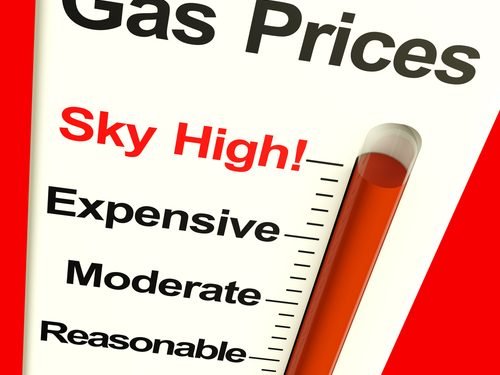Belgium, (Brussels Morning Newspaper) Latest Eurostat records show that the eurozone is struggling with a deficit as gas prices continue to rise.
Records for August show the euro zone’s largest deficit since 2015, largely due to the higher import bill pushed up by high energy prices, according to a Reuters report on Friday.
The trade deficit in August stood at roughly 51 billion euros, making it the tenth consecutive month of negative balance. The rise of energy prices reversed positive trends in the eurozone, which previously boasted large surpluses.
Eurozone exports increased 24% annually in August and stood at 231.1 billion euros, but stagnated on monthly basis. At the same time, imports grew 53.6% annually and reached 282.1 billion euros.
On the level of the EU, energy imports increased more than 150% annually in the first eight months of the year and reached 543.8 billion euros. The bloc’s trade deficit in the observed period stood at 309.6 billion euros.
Also on Friday, Tarek El Molla Minister of Petroleum of Egypt noted that gas reserves in the Eastern Mediterranean could help to alleviate the energy crunch in Europe.
Speaking at the East Mediterranean Gas Forum in Nicosia, he pointed out that exploitation of gas fields would require support from the European Investment Bank (EIB) or the European Bank for Reconstruction and Development (EBRD).
Molla noted that the EIB and the EBRD announced they would not invest in oil and gas projects as part of the EU’s green push, but stressed that such projects could be implemented alongside green projects. “This all should be carried together in parallel,” he concluded.
The International Monetary Fund (IMF) warned the EU on Friday against distorting price signals with measures aimed at cushioning the blow of rising energy prices.
It pointed out that EU measures should be targeted and temporary, stressing that they should encourage citizens and companies to consume less energy.
Alfred Kammer, director of IMF’s European department, noted that subsidies for energy bills of low- and middle-income households are a good example of a targeted measure.
He argued against proposed price caps, stressing that higher tariffs for higher consumption would be a better alternative, albeit not as good as subsidies for households.




